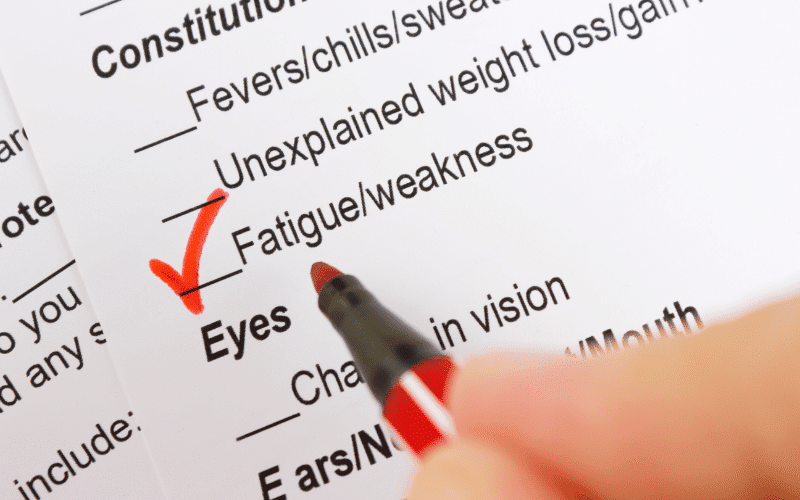Introduction: Recognizing Iron Deficiency
Iron deficiency occurs when the body’s iron stores are depleted, leading to a decrease in the production of red blood cells. These cells are responsible for carrying oxygen throughout the body, and a lack of iron can lead to various health problems. In this article, we will discuss the importance of iron in the body, its role in different bodily functions, and the 15 symptoms and signs that may indicate an iron deficiency.
Iron is a vital element that plays a crucial role in the production of hemoglobin, a protein in red blood cells responsible for carrying oxygen from the lungs to the rest of the body. Iron is also involved in the synthesis of collagen, which is essential for maintaining healthy skin, hair, and nails. Moreover, iron is a necessary component of various enzymes and proteins involved in energy production and metabolism.
Despite the importance of iron, many people are unaware of their body’s iron levels and the potential symptoms and signs of iron deficiency. This lack of awareness can lead to delayed diagnosis and treatment, resulting in long-term health issues. By understanding the common symptoms and signs of iron deficiency, you can take proactive steps to maintain optimal iron levels and safeguard your overall health.
Symptom 1: Fatigue and Weakness

Fatigue and weakness are common symptoms of iron deficiency. When your body lacks iron, it struggles to produce enough hemoglobin, which is essential for oxygen transportation. As a result, you may feel constantly exhausted, even after a good night’s sleep.
Your muscles also need oxygen to function correctly, and a lack of iron can cause weakness and reduced physical endurance. Iron deficiency affects the body’s ability to recover from exercise and may lead to a decreased immune system, making you more susceptible to infections and illness.
Moreover, when there is insufficient iron, the body is forced to prioritize its allocation, ensuring that the most critical functions receive the necessary supply. Consequently, less essential functions, such as maintaining energy levels, may suffer, further exacerbating feelings of fatigue and weakness.
It’s essential to address these symptoms early on, as prolonged iron deficiency can lead to more severe health issues, such as anemia, which can significantly impact your daily life and overall well-being. (1)